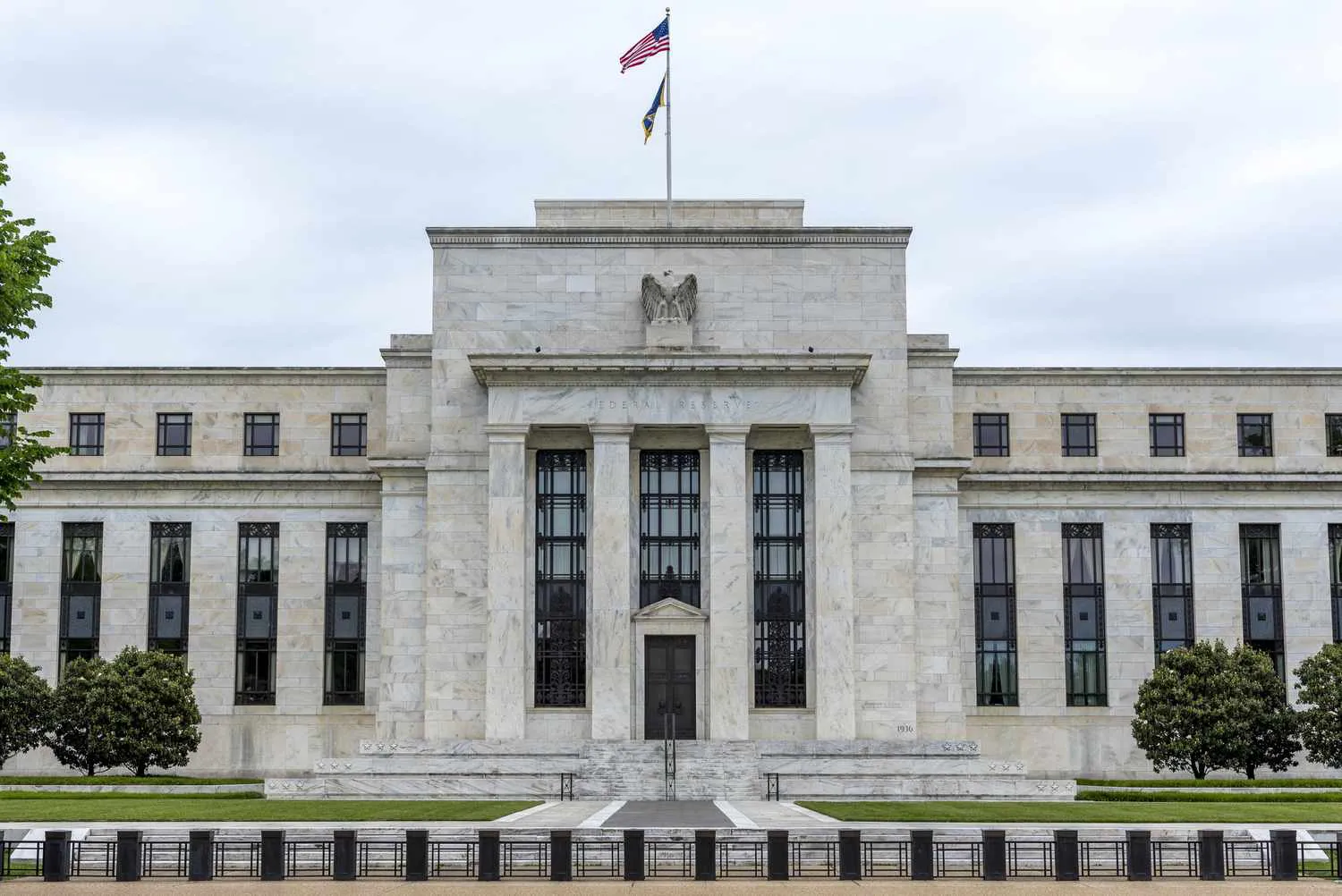According to a recent report by CBS Boston, Cheryl Friedman, a resident of Norton, Massachusetts, fell victim to a scam that led to a loss of $3,500 from her Bank of America account. Despite promptly reporting the incident to the bank and local authorities, her request for a refund was initially denied. It wasn’t until CBS Boston and WBZ-TV’s I-Team began investigating the matter that Bank of America refunded the stolen amount.
Friedman was assisting a friend with a PayPal refund when she received a call from an individual posing as a PayPal employee. Trusting the caller, she clicked on a link sent to her, which granted the scammer access to her bank account. Cybersecurity experts equated the act of clicking on unknown links to “giving everybody a key to the front door of your home.”
Media scrutiny leads to reversal
After media outlets took an interest in Friedman’s case, Bank of America reversed its initial decision and processed the refund. The bank cited “additional information” provided by Friedman as the reason for the change, although the specifics of this new information were not disclosed.
Bank of America to WBZ: “We refunded the money stolen by the scammer after the client recently provided additional information to us.” However, the bank’s statement leaves open questions about its fraud protection protocols and the role of media scrutiny in influencing its decisions.
Friedman expressed both relief and frustration following the refund. She questioned why the bank lacked robust fraud protection measures to flag suspicious transactions.
Furthermore, cybersecurity experts have pointed out that mobile phones are essentially small computers, and clicking on any malicious link can give thieves remote control permission to any app on the phone. This means they can access your apps and steal information and money.





